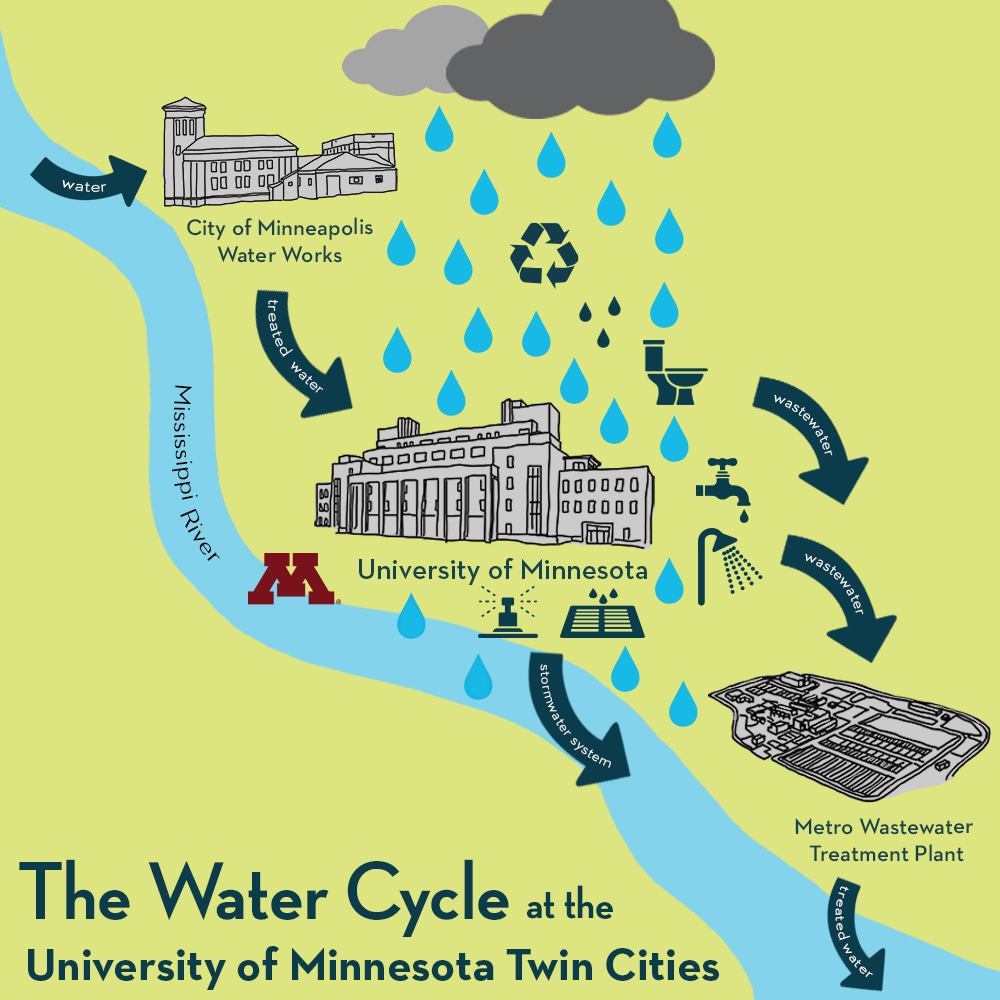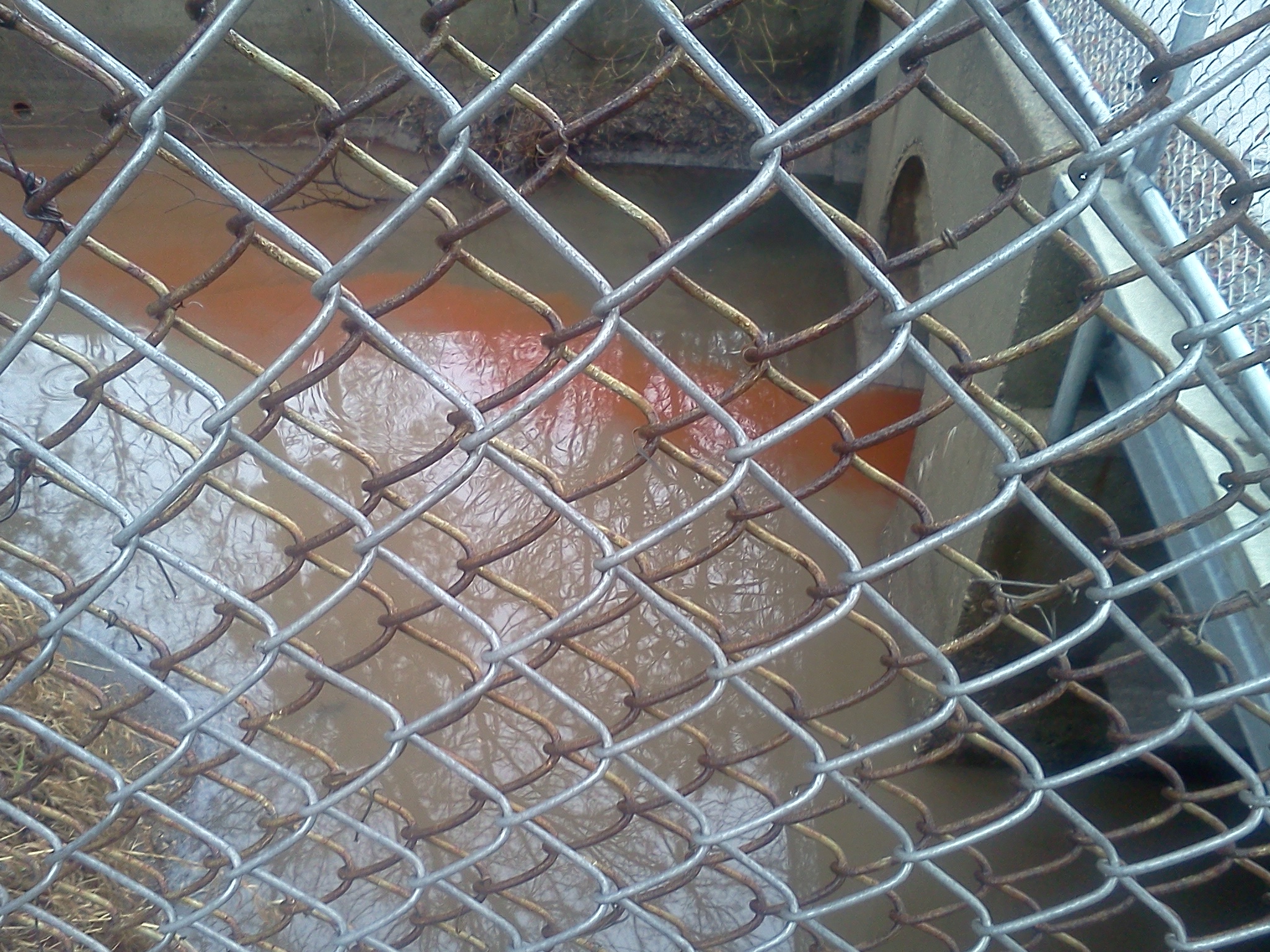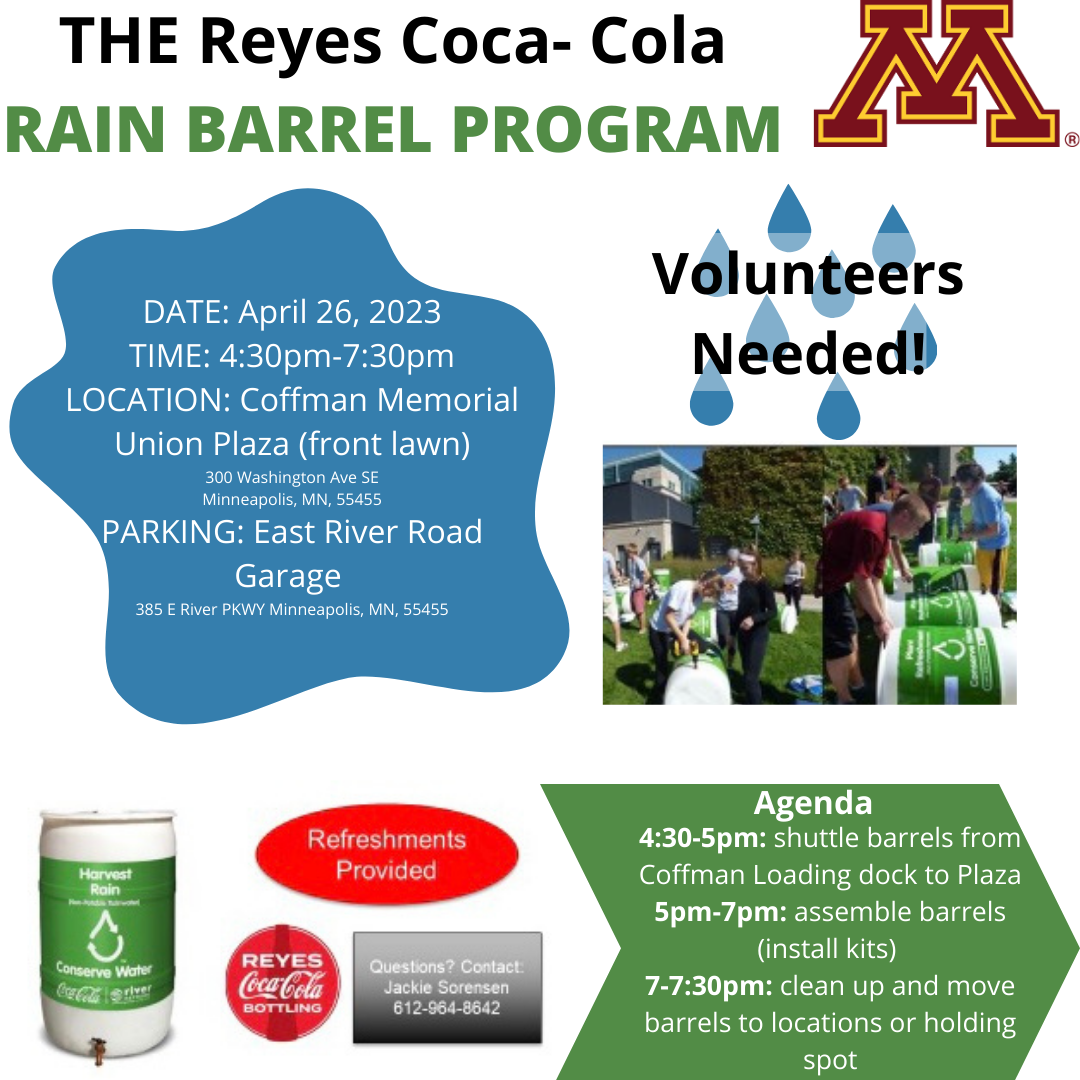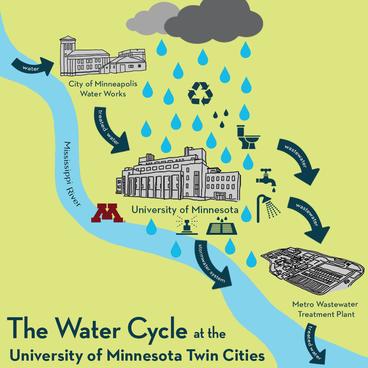
What is stormwater?
"Stormwater runoff is generated from rain and snowmelt events that flow over land or impervious surfaces, such as paved streets, parking lots, and building rooftops, and does not soak into the ground. The runoff picks up pollutants like trash, chemicals, oils, and dirt/sediment that can harm our rivers, streams, lakes, and coastal waters. To protect these resources, communities, construction companies, industries, and others, use stormwater controls, known as best management practices (BMPs). These BMPs filter out pollutants and/or prevent pollution by controlling it at its source." (EPA)
What is illicit discharge?
"Federal regulations define an illicit discharge as '...any discharge to an MS4 that is not composed entirely of stormwater...' with some exceptions." These exceptions include discharges from water-line flushing, landscape irrigation, air conditioning condensate, and discharges from fire-fighting activities. Illicit discharges are considered 'illicit' because "MS4s are not designed to accept, process, or discharge such non-stormwater wastes." (EPA)
As water runs across landscapes and streets into storm drains, it picks up and carries away pollutants such as cigarette butts, trash, salt, vehicle fluids, or yard waste. This contaminated, untreated water eventually makes its way into the Mississippi River where it reduces water quality and clarity and can cause harm to fish and wildlife. Considering our campus' location right along the banks of the Mississippi River, it is essential that we take care of this critical shared resource.
The University of Minnesota's commitment to addressing storm water runoff from campus, as detailed in the campus-specific Storm Water Pollution Prevention Program (SWPPP), is to reduce pollutants to the maximum extent practicable.
How can I help?
Remember – only stormwater down the drain. No dumping of harmful materials such paint waste and auto and household chemicals. In daily life and around campus, you can help by picking up trash and pet waste and avoid use of pollutants like ice melt or salt. If you observe an illicit discharge on campus, please report those findings to the University Health & Safety On-Call Program: [email protected] or 612-626-6004 (24-hr Line)
Click to see the EPA's list of illicit discharges

Learn more about the University of Minnesota's Stormwater Program!

